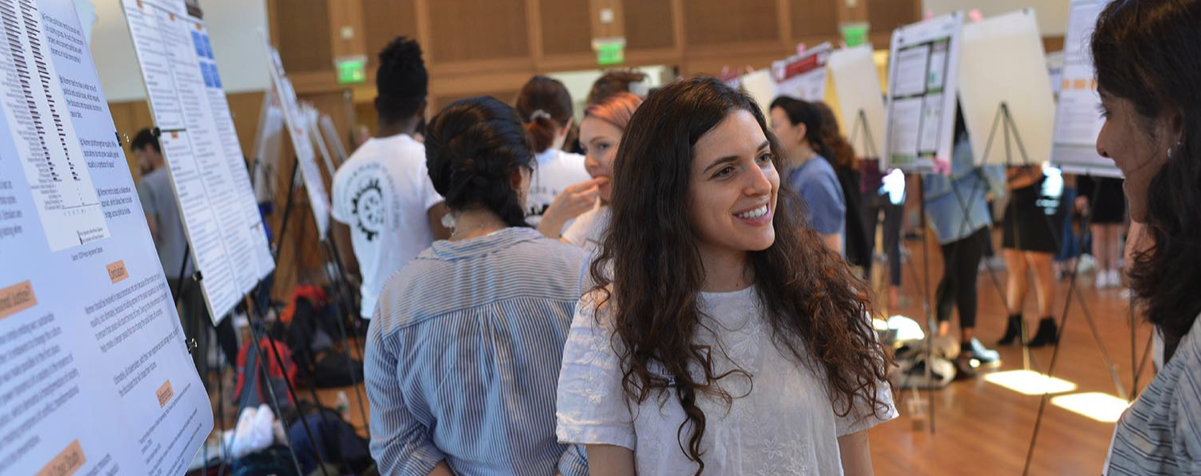Faculty Sponsor: Professor Royette Dubar, Ph.D.
Live Poster Session: Zoom Link
Abstract:
Several studies have found that individuals from socio-demographic groups in the U.S. have been disproportionately impacted by negative implications of the COVID-19 pandemic. However, there is a need to examine the role of university-related contextual factors that may be linked to two important health behaviors among university students – sleep and anxiety symptoms. This research project examined differences in sleep duration, insomnia symptoms, and anxiety symptoms, based on changes in living arrangement due to COVID, first-generation status, and racial/ethnic identity. Participants (65.5% female) were N = 619 emerging adults across the U.S., who were enrolled at university (Mean age = 21.8, SD = 2.2). Participants completed an online survey, that asked questions about socio-demographics, sleep patterns, and psychological well-being. Analyses were based on independent sample t-tests. Results showed significant main effects of living situation for sleep duration and anxiety symptoms; significant main effects of first-generation status for sleep duration and insomnia symptoms; as well as a significant main effect of race/ethnicity on insomnia symptoms. Future research should evaluate the role that universities play in the expansion of resources provided to underrepresented groups, like first-generation and racial/ethnic minority students, to improve the overall well-being of the student population.
Amanda_Calvin_Poster


